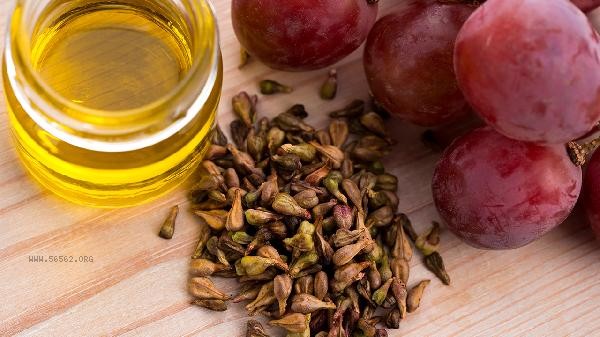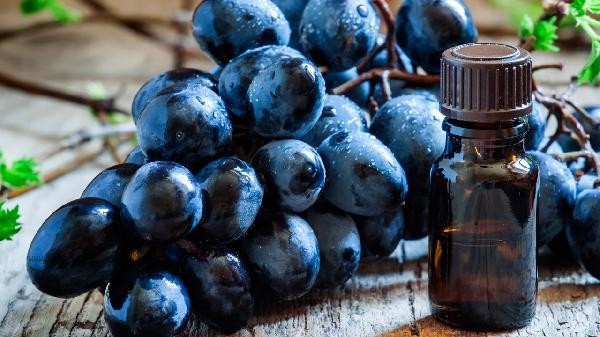After crushing grape seeds, they generally do not produce toxicity, but may cause gastrointestinal discomfort. Grape seeds contain active ingredients such as anthocyanins, and direct crushing may release substances such as tannic acid to stimulate the digestive tract. The grape seed shell is hard and may damage the oral mucosa or teeth after being bitten, especially for children and those with weak gastrointestinal function who need to be cautious. Whole swallowed grape seeds can usually be excreted with feces, but excessive intake may increase the risk of intestinal obstruction. Grape seed extract is processed through detoxification technology in health products and has high safety. However, consuming untreated seeds directly may cause reactions such as bloating and nausea.

In special circumstances, people who are allergic to grape ingredients may experience allergic reactions by biting the seeds, manifested as skin itching or difficulty breathing. Some grape varieties contain trace amounts of cyanogenic glycosides in their seeds, but the normal consumption level is far below the poisoning threshold. Industrial processing can degrade potentially harmful components through high temperature or fermentation, and homemade grape seed powder lacks this process.

It is recommended to purchase grape seed extract through formal channels to supplement nutrition and avoid directly crushing and consuming large amounts of grape seeds. When eating grapes in daily life, they can spit out seeds, and those with gastrointestinal sensitivity can choose seedless grapes. If persistent abdominal pain or vomiting occurs after ingestion, seek medical attention promptly for examination. Reasonably controlling fruit intake and maintaining dietary diversity are more conducive to health.










Comments (0)
Leave a Comment
No comments yet
Be the first to share your thoughts!